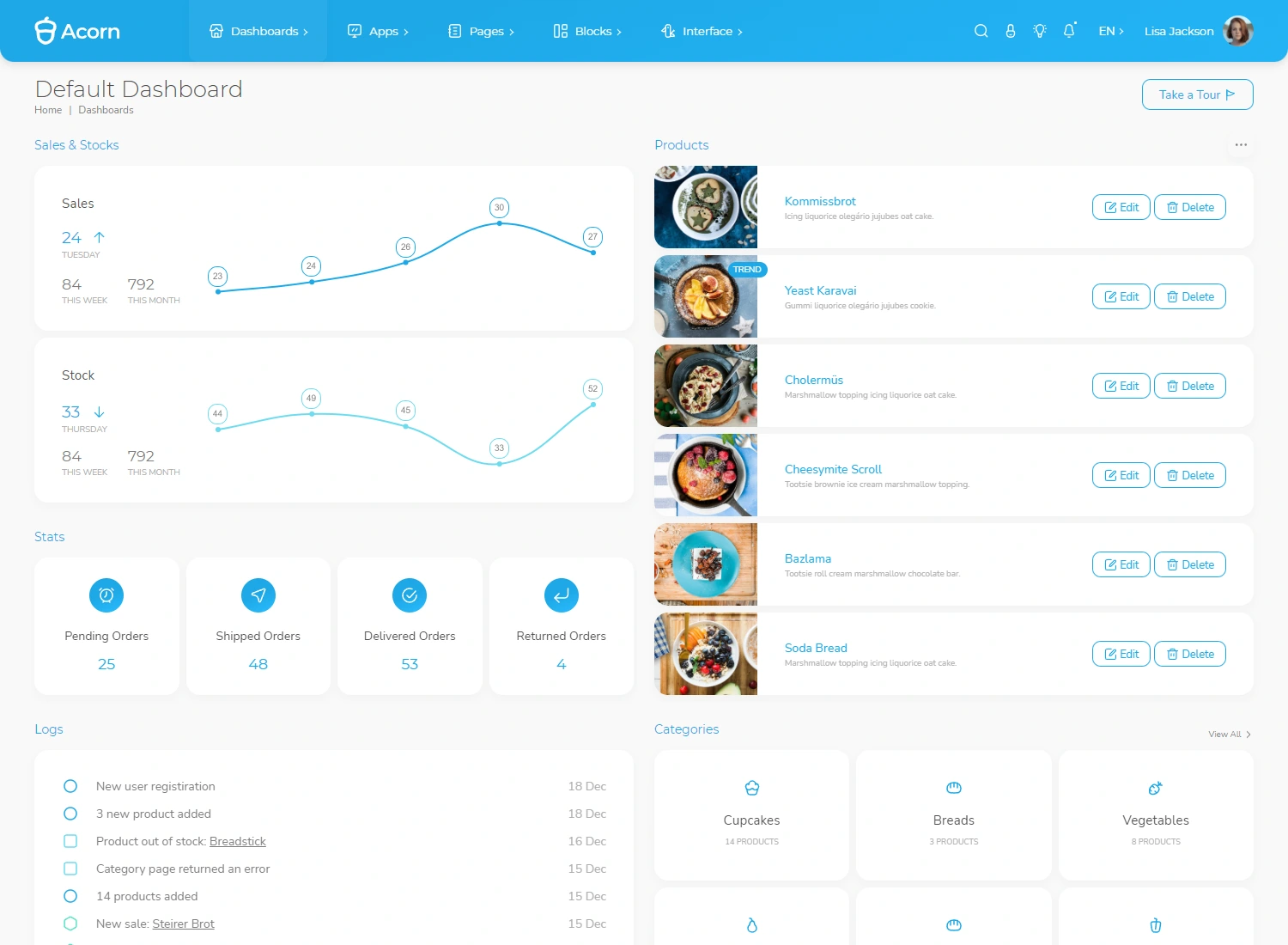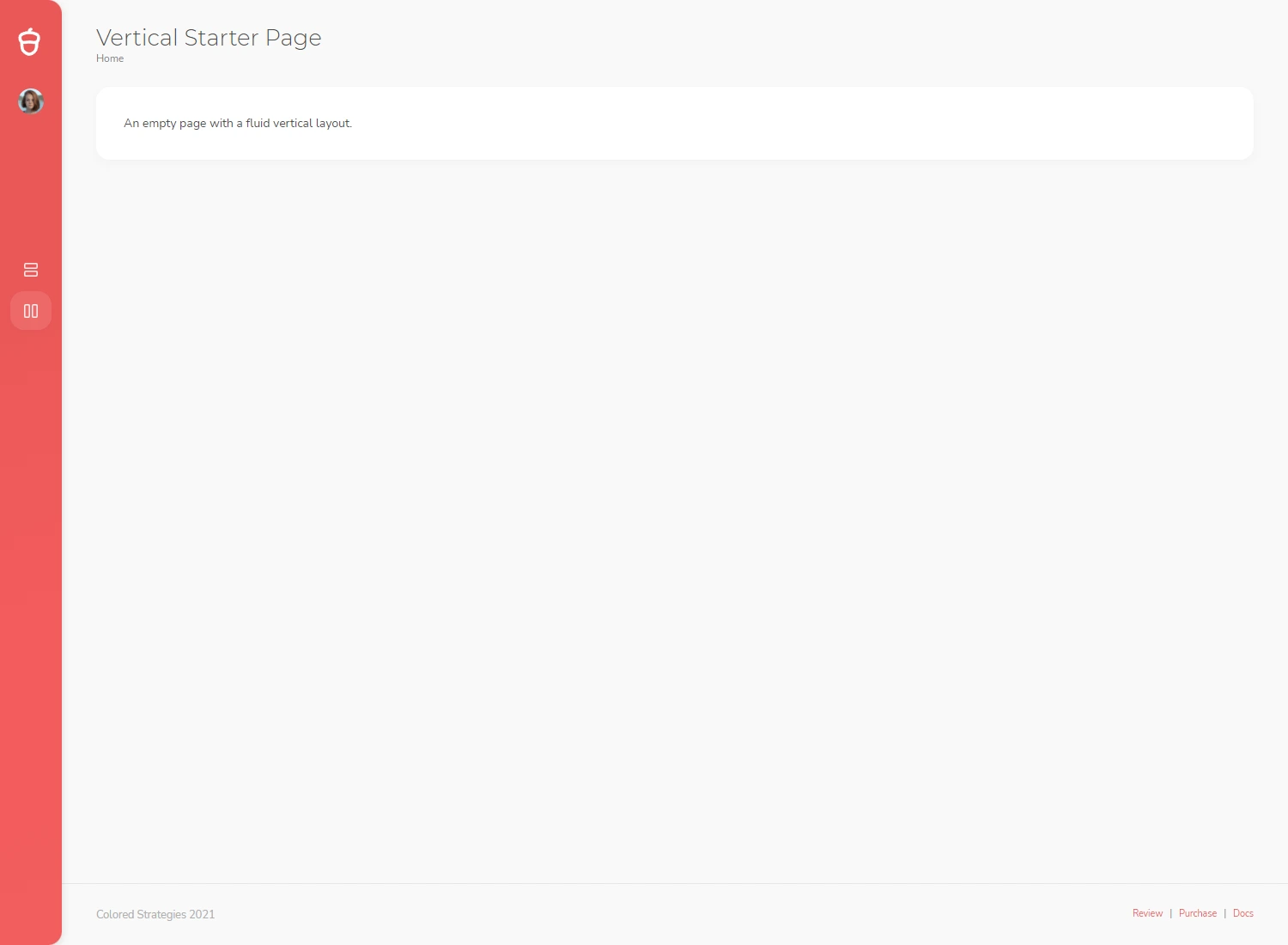Nijjar case: India, Canada ‘expel’ diplomats
The ongoing spat between India and Canada over Nijjar's murder has significantly impacted their diplomatic relations, with both nations expelling diplomats and trading accusations. While India dismisses the charges as politically motivated, Canada has doubled down on its claims, putting the bilateral relationship at risk. The fallout could affect trade, education, and diplomatic cooperation, with the broader implications for both nations remaining uncertain. The incident underscores deeper, unresolved tensions between the two countries, particularly surrounding extremism and separatism. As the situation unfolds, both India and Canada will need to carefully navigate these challenges to prevent further damage to their relationship.
The diplomatic tensions between India and Canada have escalated significantly, with both nations expelling diplomats following accusations related to the killing of pro-Khalistan leader Hardeep Singh Nijjar in British Columbia. India has expelled six Canadian diplomats, including Acting High Commissioner Stewart Ross Wheeler, in a swift response to Canada’s expulsion of six Indian officials. The Canadian government had earlier labeled these Indian officials as "persons of interest" in Nijjar's murder, which took place in June 2023.
India's Ministry of External Affairs (MEA) rejected the accusations as “preposterous” and linked them to the domestic political struggles of Canadian Prime Minister Justin Trudeau's government. India also withdrew its High Commissioner Sanjay Kumar Verma and other senior diplomats from Canada, signaling a sharp deterioration in bilateral ties. The MEA further accused the Trudeau government of endangering the safety of Indian diplomats in Canada by supporting separatism and extremism under the guise of freedom of speech.
Nijjar, a prominent advocate for Khalistan, a separate Sikh homeland, was shot dead outside a gurdwara in Surrey, British Columbia. Canadian Prime Minister Justin Trudeau, in a shocking statement in the House of Commons, directly implicated the Indian government in the assassination, leading to a sharp escalation in diplomatic tensions. India, in response, accused Canada of harboring Khalistani extremists and failing to act on India’s extradition requests for wanted individuals residing in Canada.
Strained India-Canada Relations
India and Canada’s relationship has seen a gradual decline in recent years, primarily due to Canada’s perceived tolerance of pro-Khalistan elements, which has long been a sensitive issue for India. New Delhi has repeatedly expressed concerns over what it sees as Canada’s leniency towards separatist groups that promote anti-India rhetoric and incite violence. The latest diplomatic spat over Nijjar’s killing has further strained these ties, bringing long-standing tensions to a boiling point.
Before this incident, India-Canada relations had already been under stress, particularly with Canada's large Sikh diaspora, which includes a vocal pro-Khalistan segment. Canada has been home to several individuals whom India accuses of supporting terrorism and separatism. These concerns were previously downplayed by the Trudeau government, which, critics say, caters to this segment for political reasons, especially with elections on the horizon in Canada.
In September 2023, India froze visa services for Canadian citizens, and 41 Canadian diplomats were recalled from missions in India. These developments followed Canada’s allegations and have raised fears of further disruptions in trade, investment, and educational exchanges between the two countries. India is one of the top destinations for Canadian students, and trade relations, particularly in agriculture and technology sectors, could be affected if the diplomatic rift deepens.
Potential Impact on Bilateral Ties
This diplomatic fallout could have long-term repercussions on India-Canada relations. The expulsion of diplomats, combined with mutual accusations, may lead to a broader breakdown in communication, further diminishing cooperation in areas such as trade, education, and immigration. India is an important market for Canadian goods, and Canada is a key destination for Indian students and professionals. Any prolonged tensions could hurt these exchanges, affecting the people-to-people ties that have traditionally strengthened the bilateral relationship.
Moreover, the incident highlights the deep-seated challenges that exist between both nations, especially surrounding the issue of extremism. Canada’s approach to handling separatist activities within its borders has irked India for years, while Canada has expressed concerns about alleged interference by Indian agencies on its soil. This latest episode will likely increase calls within India for Canada to take firmer action against pro-Khalistan elements, while Canada may further investigate the alleged involvement of Indian officials in Nijjar’s murder.
However, both countries have significant economic and strategic interests in maintaining a functional relationship. Despite the diplomatic rift, Canada remains one of India’s key partners in the West, and the two nations share common interests in global forums like the G20. Whether this recent crisis leads to a prolonged standoff or opens the door to addressing long-standing issues will depend largely on diplomatic negotiations in the coming months.
Diplomatic tensions between India and Canada have escalated following accusations over the killing of Khalistan advocate Hardeep Singh Nijjar. Both nations have expelled diplomats, deepening the rift in an already strained relationship. Long-standing issues regarding Canada's leniency towards separatism have resurfaced, potentially impacting trade, education, and other areas of cooperation. The long-term effects of this incident could further sour ties unless diplomatic efforts bring about a resolution.






